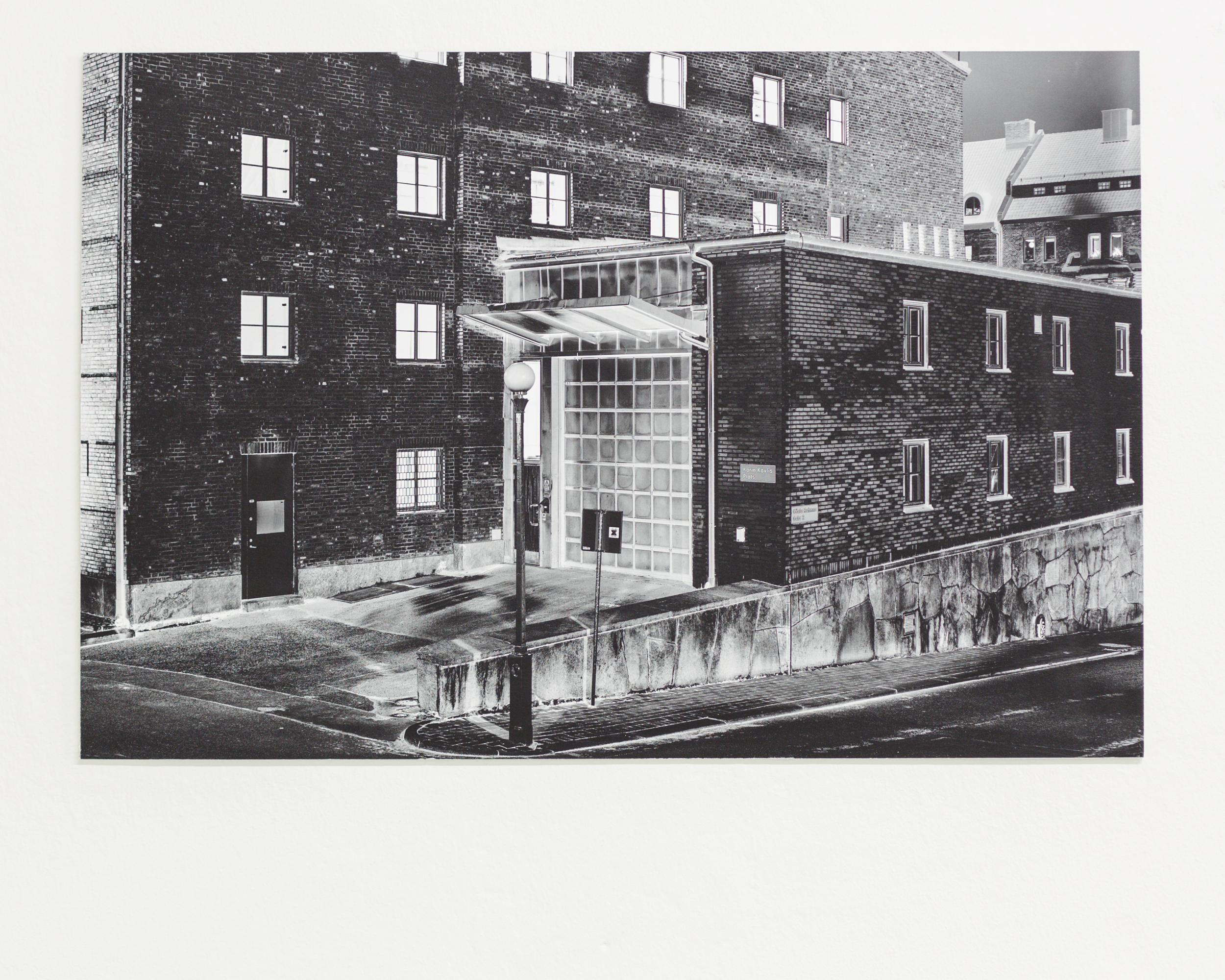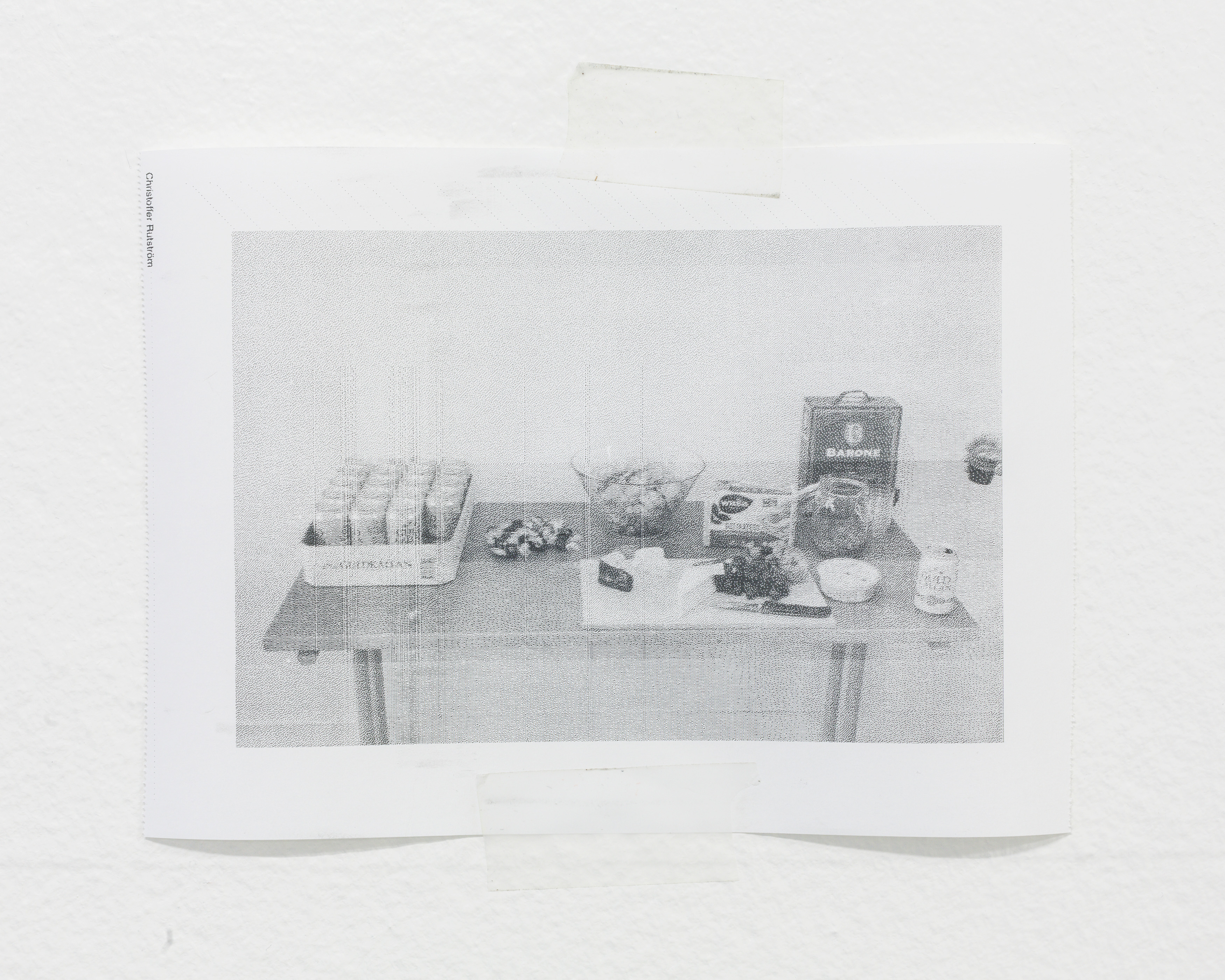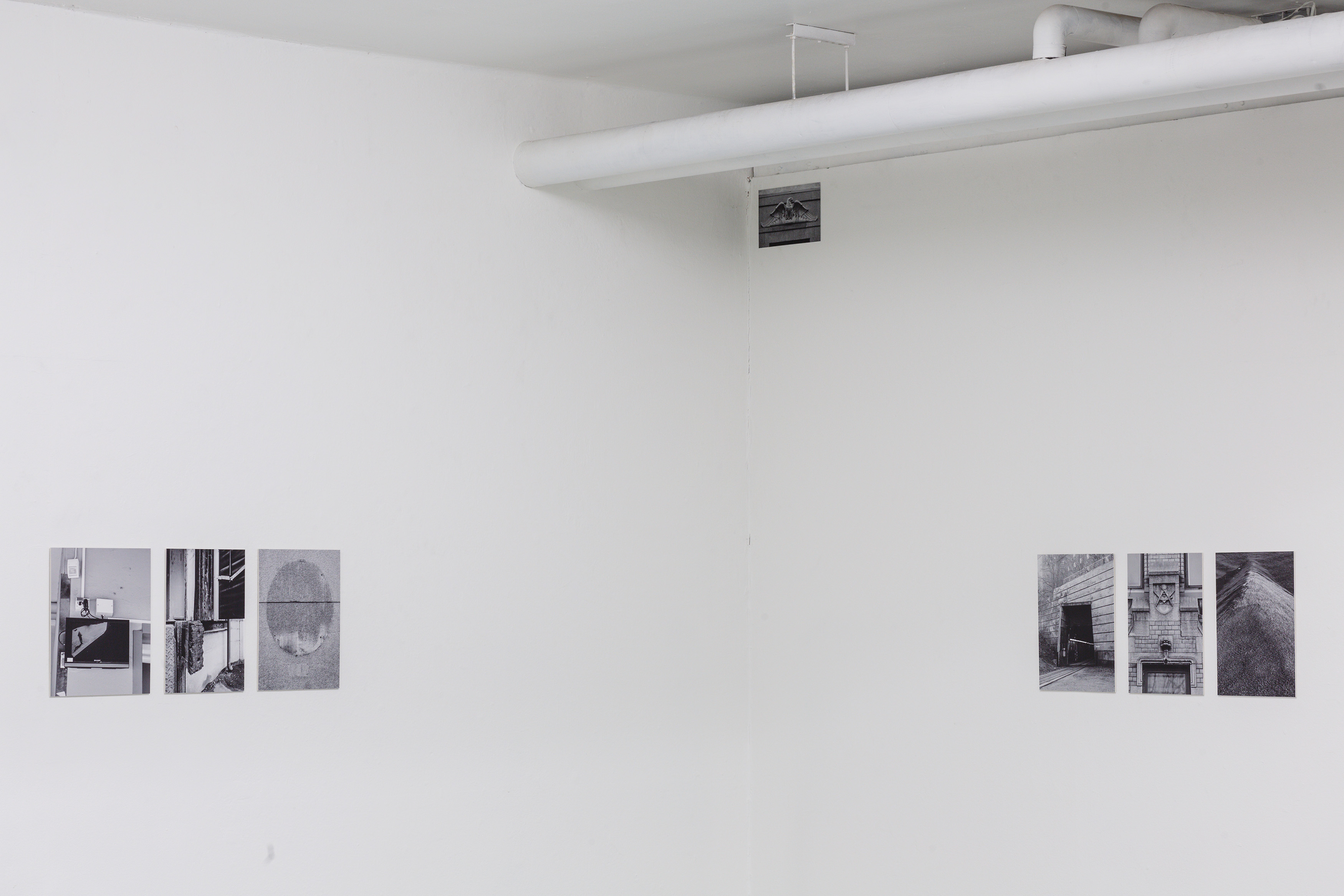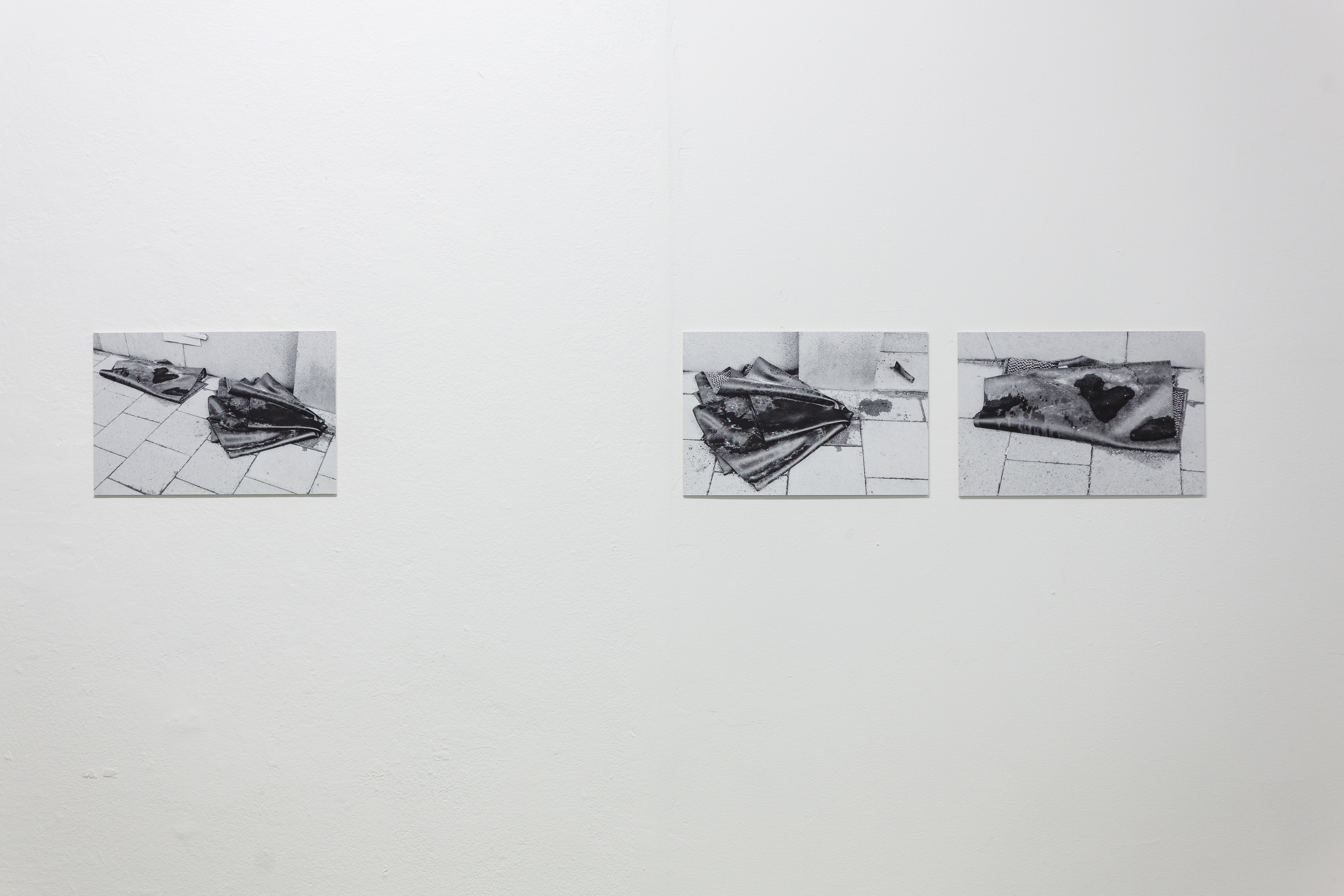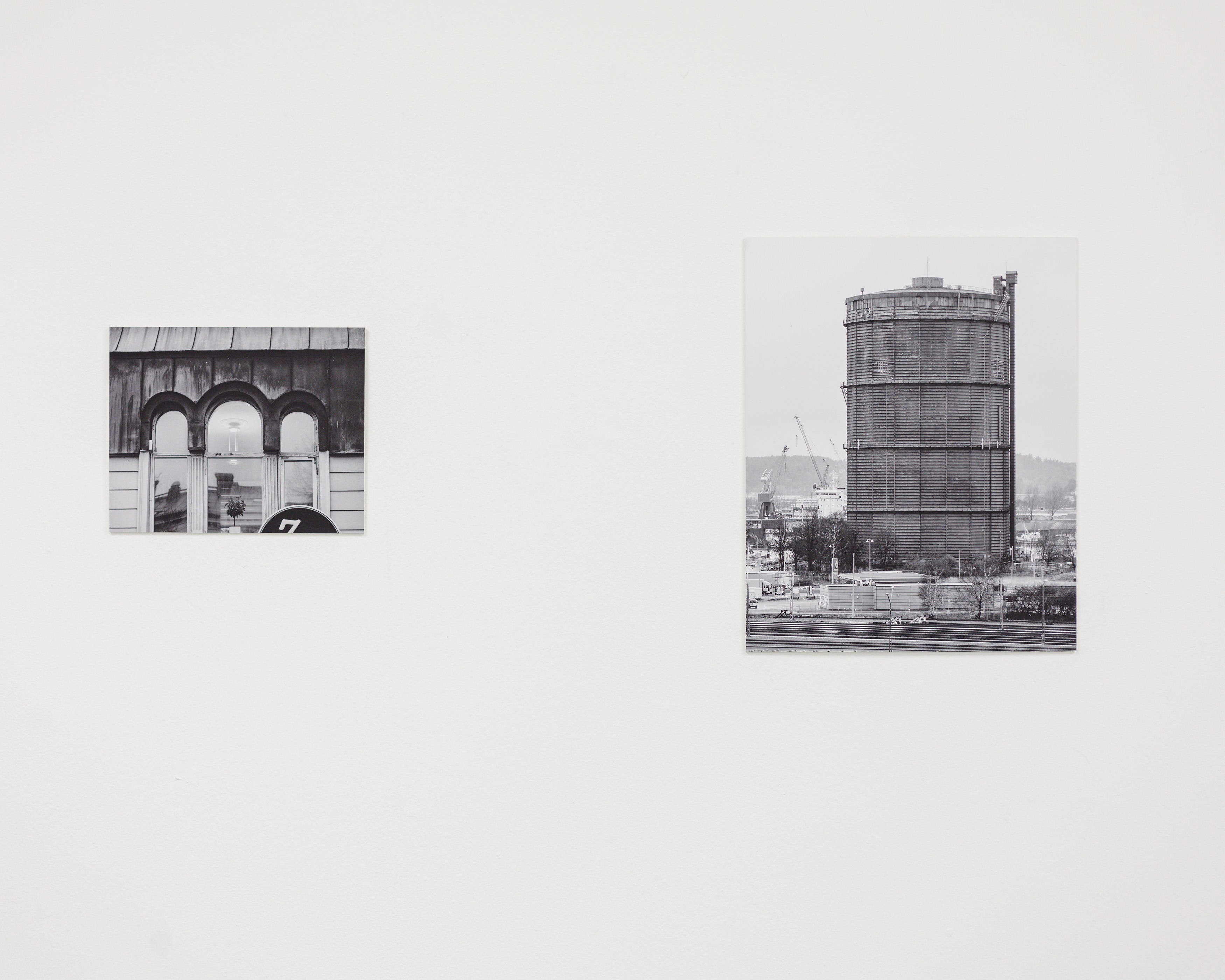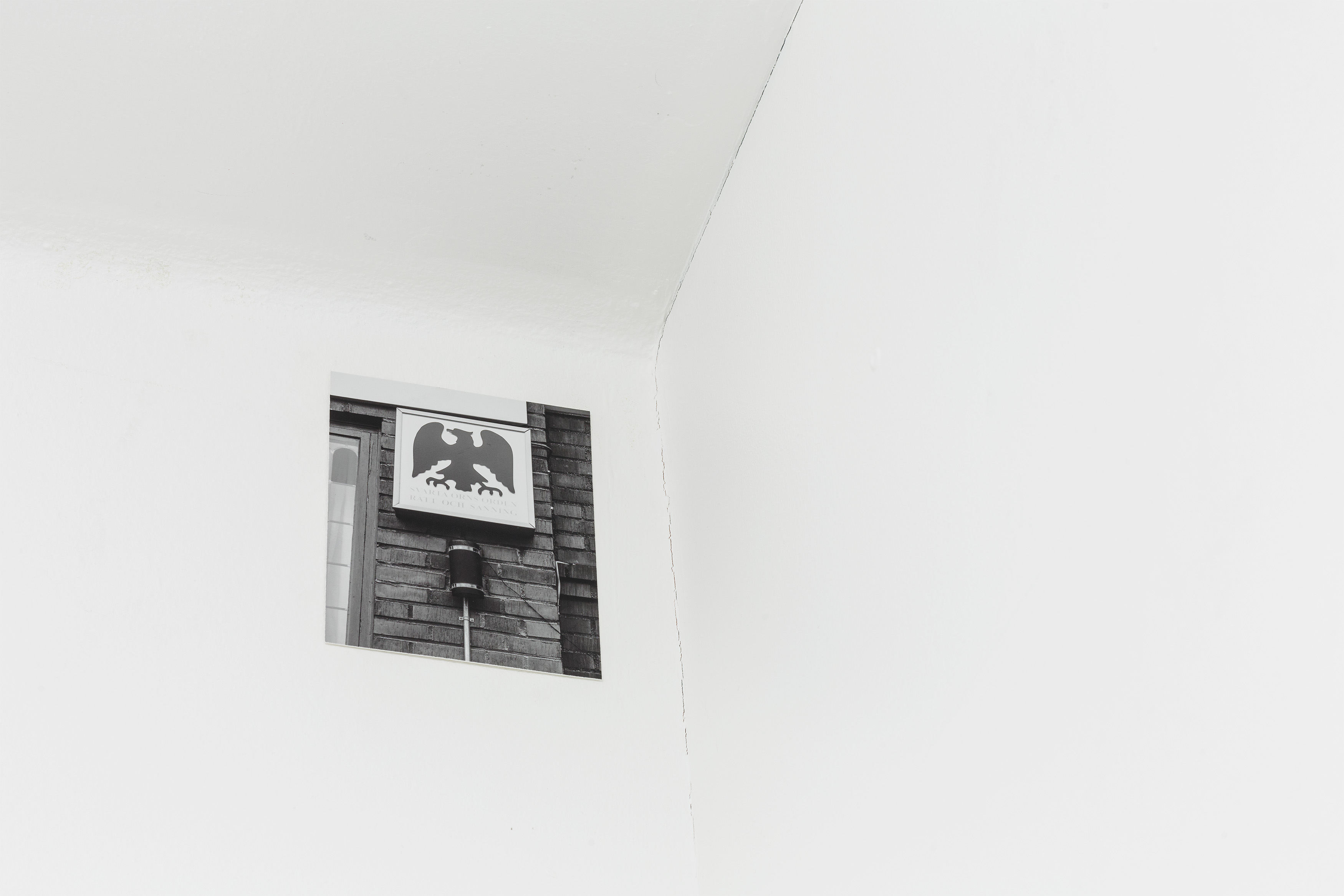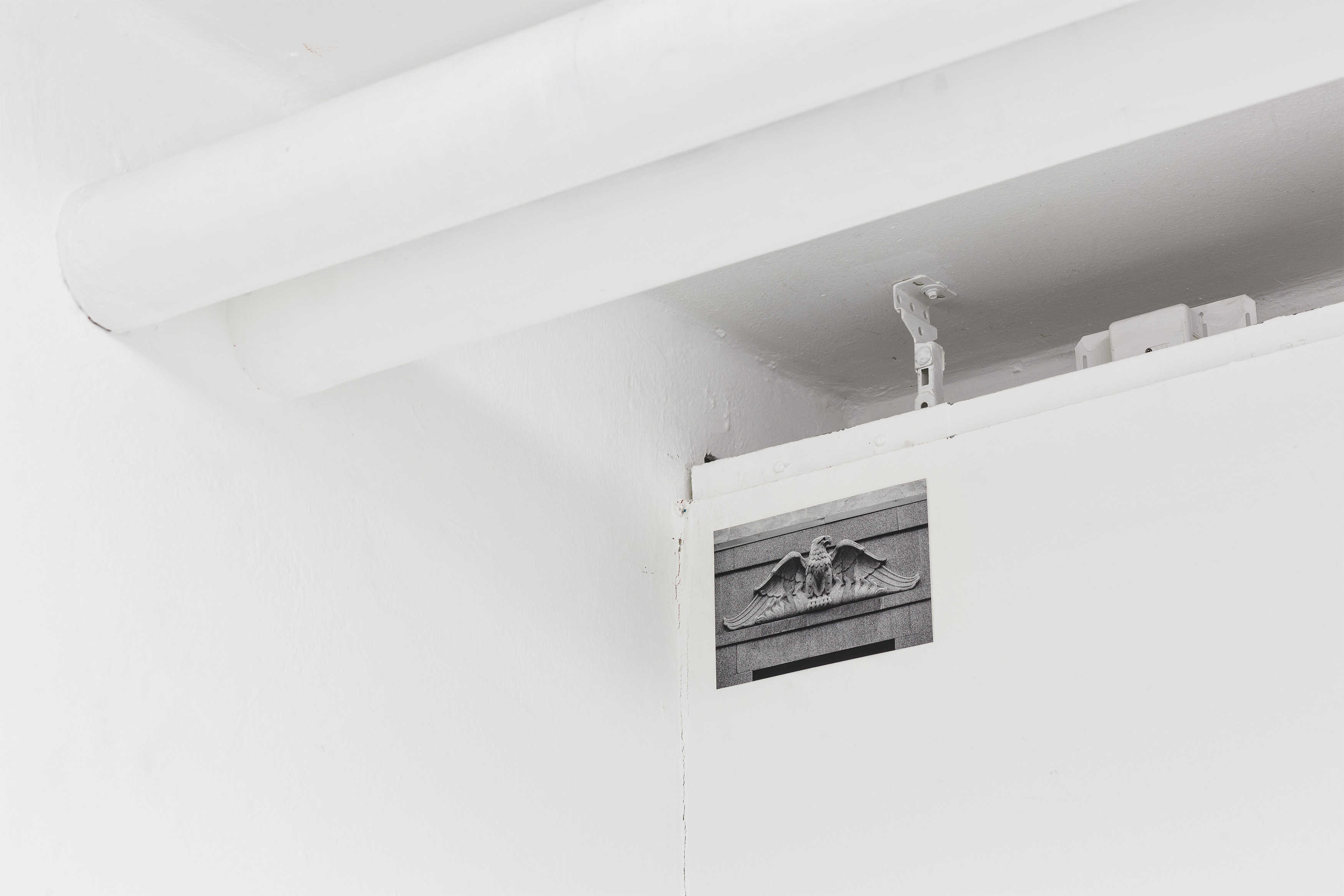Galleri Rotor 2, Akademin Valand, 2016
“Consumption
can be understood as a model of education, within which they need to be produced
a certain type of display culture, a controlled and circumscribed spectacle of
the commodity, and a new form of desiring subject, whose responses and
unconscious investments must become an integrated part of the system of
production and consumption. In this way consumption had two sides: on the one
hand it was a force that destroys traditional values, uproots traditions, and
renders symbolical values obsolete; on the other hand it must become a
counter-force that allows for the re-functioning of traditional objects, for
the production of a ‘patchwork’ history that can make the old and the new co-exist,
and for the emergence of “rational consumer” who will always, spontaneously,
desire what he or she ‘truly’ needs.” Helena Mattsson, Swedish Modernism, p.9
